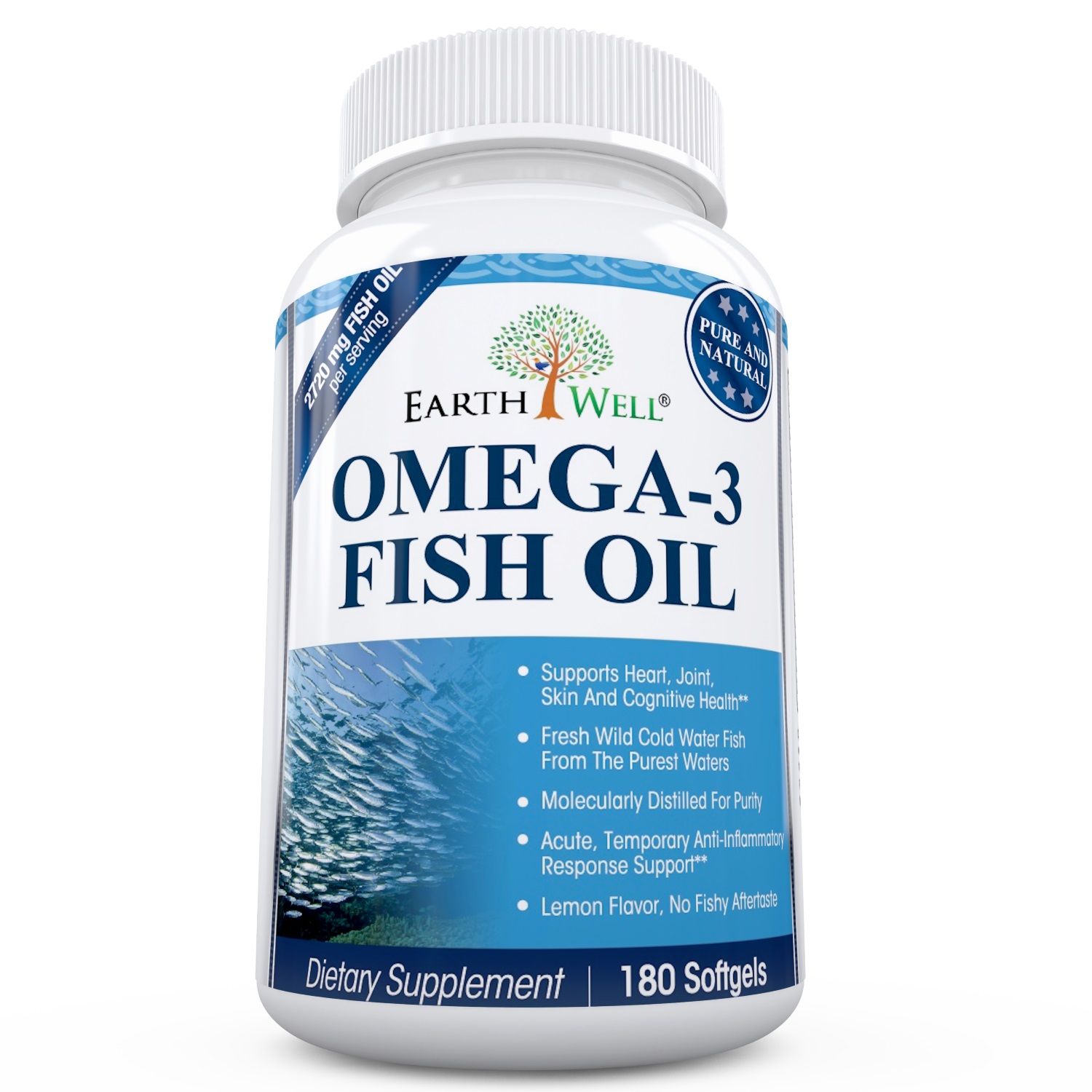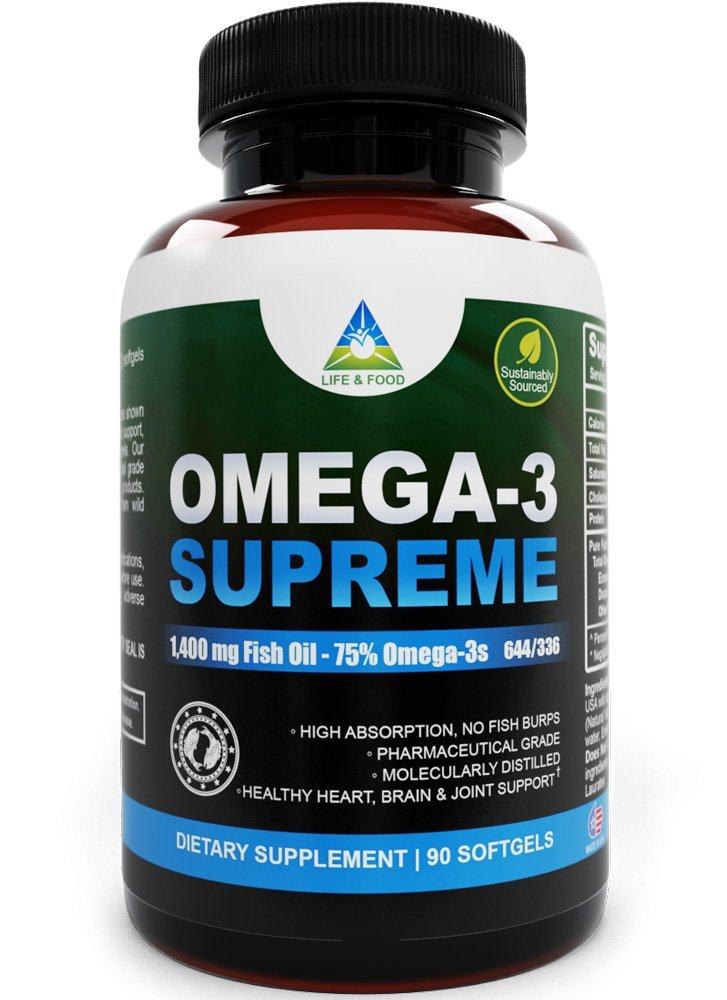 |
| Image source: MedlinePlus |
What are Omega-3 Fatty Acids?
Omega-3 fatty acids, or n-3 fatty acids are healthy polyunsaturated fatty acids. The acids control numerous functions, such as building brain cell membranes and controlling blood clotting. Professor Frank Sacks with the Harvard School of Public Health states that the body does not produce omega-3 fats on its own, so eating foods or taking supplements is the best way to get it.There are two types of omega-3 fatty acids: those you get from vegetarian sources and those that come from fatty fish. Alpha-linolenic acid (ALA) is what you find in walnuts, flax, leafy greens and some vegetable oils. Eeicosapentaenoic acid (EPA) and docosahexaenoic acid (DHA) come from fatty fish. One type of the fatty acid isn't necessarily better than the other. Sacks recommends eating at least one food that's rich in omega-3 fatty acids every day.
Benefits of Omega-3 Fatty Acids
The University of Maryland Medical Research Center says that omega-3 fatty acids may help prevent or control:- High cholesterol
- High blood pressure
- Heart disease
- Rheumatoid arthritis
- Diabetes
- Osteoperosis
- Systemic lupus erythematosus
- Bipolar disorder
- Depression
- Attention deficit/hyperactivity disorder
- Schizophrenia
- Inflammatory bowel disease
- Dermatitis
- Asthma
- Some types of cancer
- Asthma
How Much Omega-3 to Take
According to Sacks, people who do not eat fish or other foods rich in omega-3 fatty acids should take a 500-miligram supplement daily. The University of Maryland Medical Research Center warns against taking more than 3 grams of omega-3 fatty acids a day. Talk to your doctor to learn how much you should take, especially if you have one of the conditions listed in the previous section.Omega-3 Fatty Acid Supplements
For years, I was afraid to take fish oil supplements because I thought they'd smell bad and taste horrible. Plus, I didn't want to have "fishy burps." I used a supplement made from flax for a while, but a naturopathic doctor said that fish oil was better. Thankfully, technologies have advanced to the point that I no longer have an excuse to not take fish oil supplements. Here are a couple that I recently tried:Omega-3 Fish Oil from Earthwell Nutrition- These supplements are lemon-flavored. When I read this, I thought the supplements were chewable. This isn't the case. The outside of the softgel capsule has a sweet lemon flavor. While the capsules are big, they are simple to swallow. The company uses a molecular distillation process to remove heavy metals.
I like that the tablets don't have an enteric coating, as those don't dissolve as well in the stomach, where the emulsification process should begin. It's also free of magnesium sterate, which low-grade manufacturers sometimes use. Each tablet has 1,360 milligrams of omega-3 fatty acids.
Omega-3 Supreme from Life & Food- This supplement comes in the form of a smaller capsule that's simple to swallow. Each 1,400-milligram capsule contains 1,000 milligrams of omega-3 fatty acids.
This supplement has an enteric coating, which some manufacturers use to prevent "fish burps." At the time of publication, there is no published scientific research that shows that enteric-coated softgels are better for assimilation or absorption. In regards to "fish burps," I didn't notice a different between the two supplements; neither made me burp.
While both supplements seemed the same to me, I like the one by Earthwell Nutrition better because of the lemon-flavored capsule. I often take the supplement without water, and the softgel goes down smoothly.
I received the products mentioned in exchange for an unbiased review on my blog. This post contains affiliate links, meaning that I receive a small commission if you click on an Amazon.com link and make a purchase.


This comment has been removed by a blog administrator.
ReplyDelete